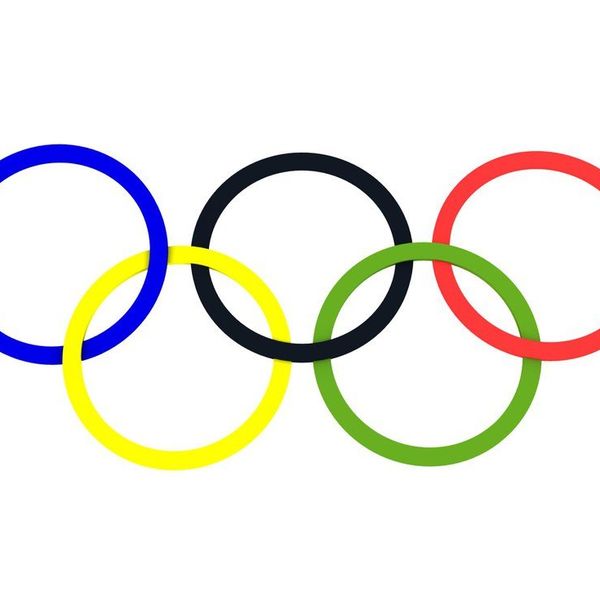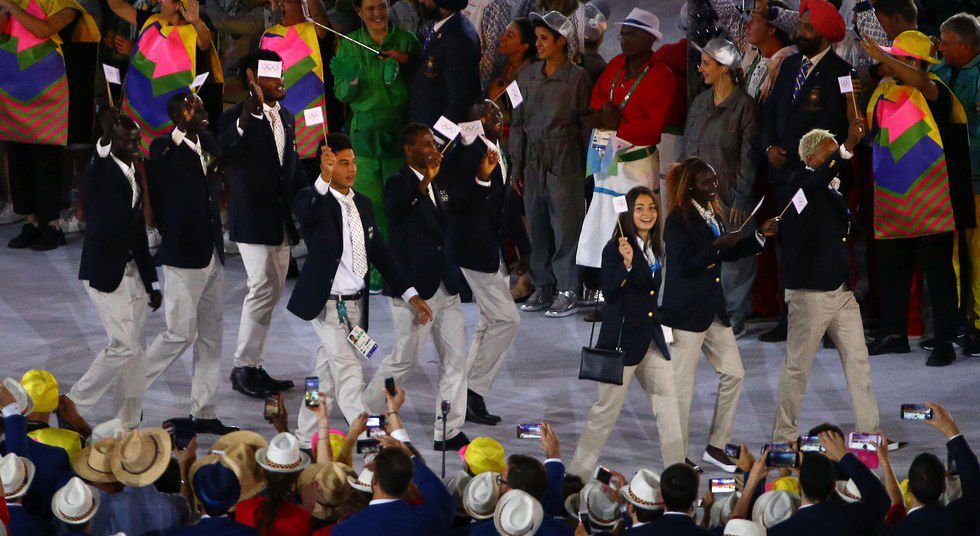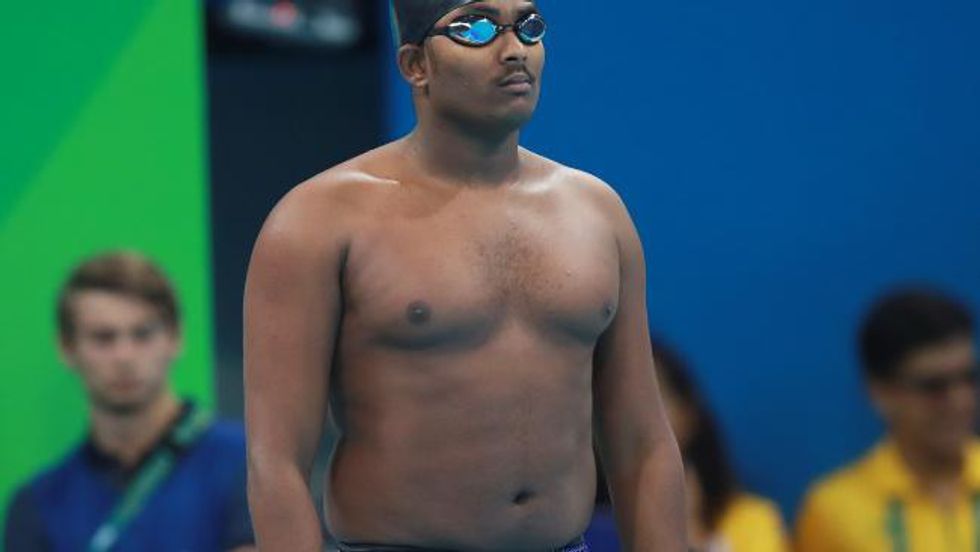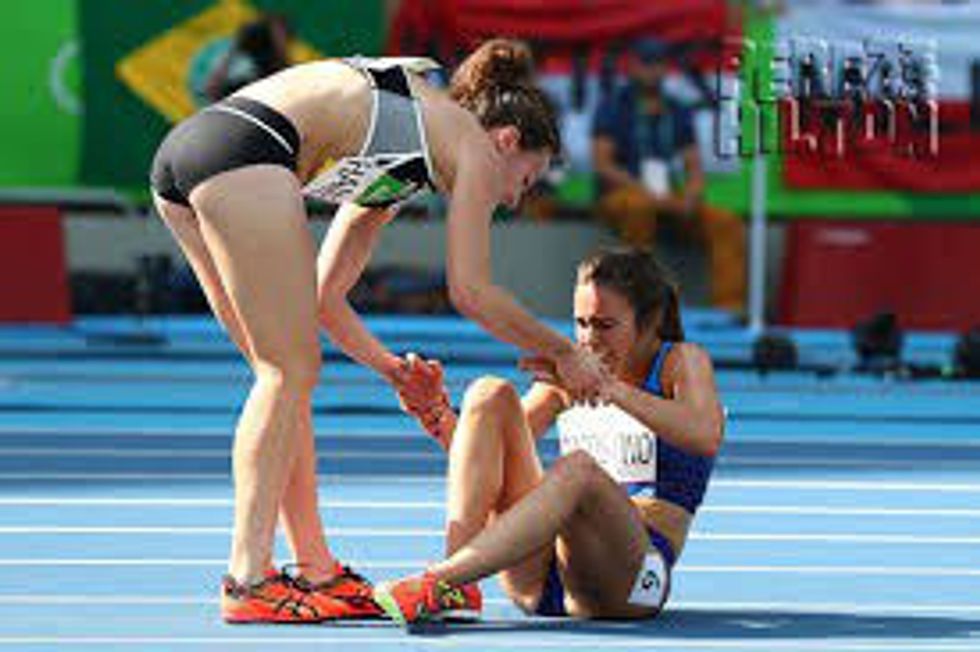The Olympics gave us countless spectacular moments in Rio the past 17 days that many of us will remember for the rest of our lives. Watching the legendary Michael Phelps swim in his fifth and final Olympics and Simone Biles defy gravity is at the top of viewers’ most memorable moments. Though cheering on your country's strongest and fastest is what everyone yearns for every four years, this is not the side of the Olympics that I would like to discuss.
Yes, it is always fun to root for your nation's athletes in your red, white and blue get-up. Though many applaud a remarkable performance for their country, some applaud even louder at the expense of a mistake from a rivaling athlete. This is neither of the Olympic spirit nor what the Olympics stand for.
The Olympics were created in ancient Greece as a religious and athletic festival at the sanctuary of Zeus in Olympia. Although we do not still host combative gladiator fights, the modern-day Olympics still remains as the pinnacle athletic event. Within the last century, the Olympics have taken a turn and evolved into the Games we now know and love. The purpose behind the Olympic games is to promote sportsmanship, women’s rights, the fight against doping, and for educational and financial support of developing countries. The most important goal of the Olympic Movement, stated in the International Olympic Committee Mission statement, is to “contribute to building a peaceful and better world;” the Olympics stand for global unity.
Due to recent turmoil in the Middle East and Africa, the IOC devised a team for those who do not necessarily have a home country to represent in this year’s Olympic Games. For the first time ever, a Refugee Team, consisting of ten athletes, competed as a symbol for hope for refugees worldwide and to bring global attention to the crisis at hand. This team has overcome much adversity throughout their lives and to get to the games. Their participation in Rio brought the athletic community to raise awareness to the injustice on the global stage.
An Ethiopian swimmer, Robel Kiros Habte, competed in the 100m swimming competition and grabbed the attention of social media. Finishing 59th out of 59 swimmers, his lackluster performance was not one to go in the record books. You might not remember him for his speedy times in the pool, but for his appearance. Unlike all the other swimmers, Habte did not maintain the same physical stature as the others, as many stated that he has the infamous "dad-bod." Habte was able to compete at the Olympic stage due to a special invitation extended to athletes from under-represented countries. By giving Robel his “golden ticket” to the Games, the Olympic Committee is promoting the sport to other Ethiopians, showing them that they can make it there some day as well.
Sportsmanship is always on the frontier during the Olympics. During the 5,000 meter women’s running event, Abbey D’Agostino received greater publicity than the gold medalist in the event. On the track, she was involved in a chain-reaction stumble with New Zealand’s Nikki Hamblin. The duo both fell during the race. While D’Agostino jumped to her feet immediately, her counterpart had not. Instead of continuing her run to catch up to the pact of runners, she went to Hamblin to help her up. She encouraged the NZ runner to keep going. Later on in the race, Hamblin returned the favor and helped the US athlete while she was struggling as well. The injured runners struggled but did finish the race, which is a huge accomplishment in itself. The kindness within the athletes caught the eye of the media, as this sportsmanship is what the Olympics is supposed to be all about.
























